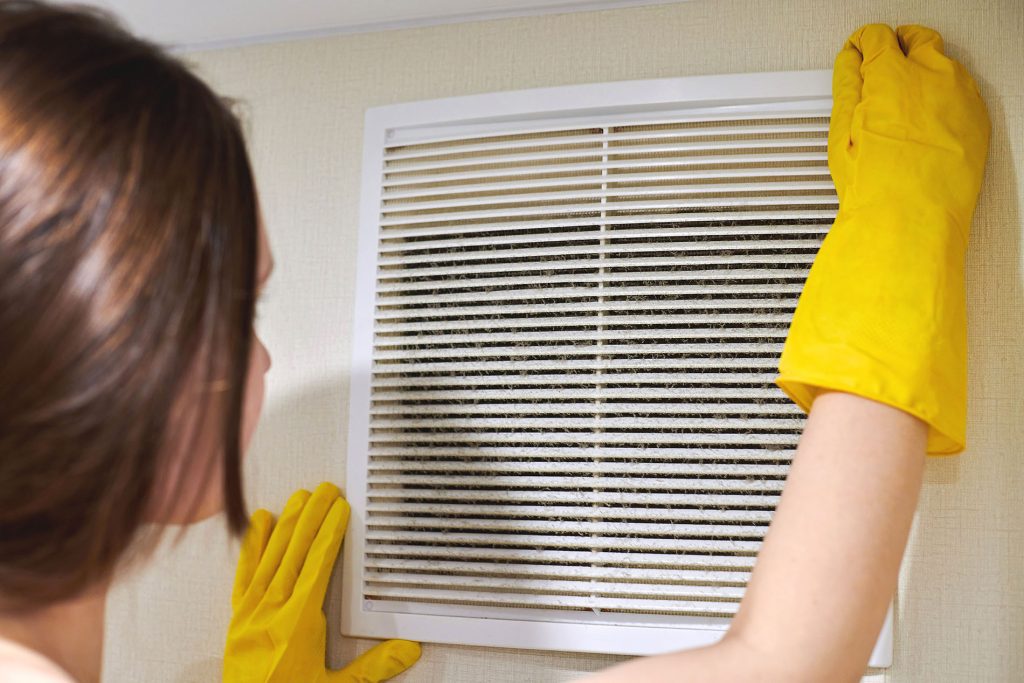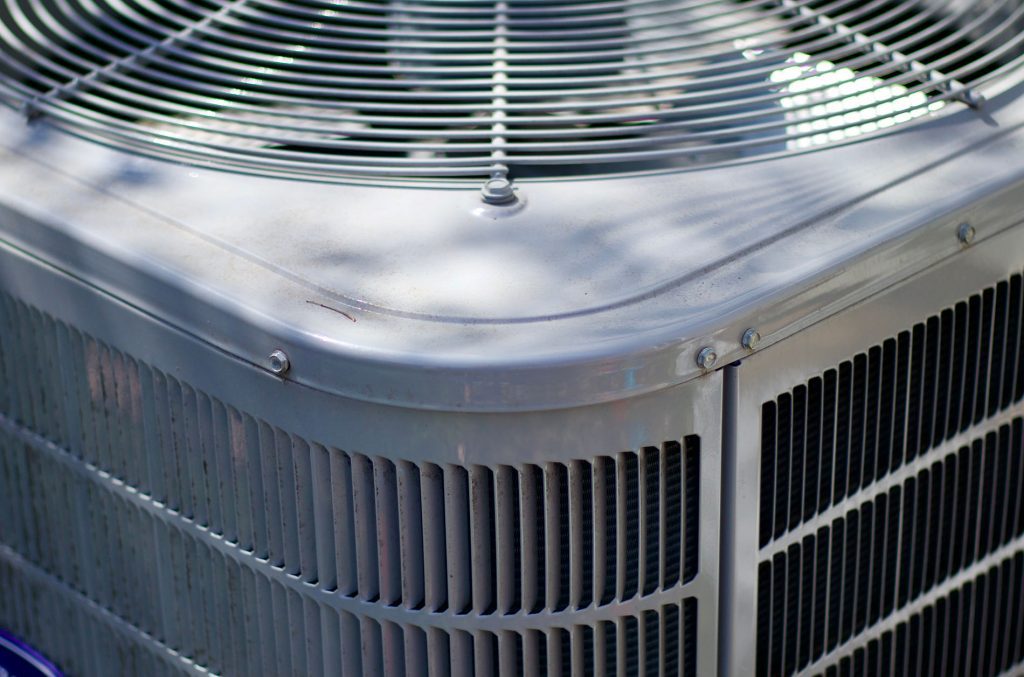

Becoming a pet parent is a delightful experience shared by millions across the globe. From the simple joy of their companionship to the unconditional love they give, pets like dogs and cats make our lives happier.
However, they often contribute an endless supply of pet hair. Whether your dog is shedding or your cat is playfully pouncing, pet hair becomes airborne and inevitably finds its way into your HVAC system.
Pet hair can significantly impact your home’s air quality, especially if any household members suffer from allergies. Pet fur and dander in the air cannot be eliminated, even with frequent vacuuming. Your HVAC system is crucial in combating these airborne particles, but its effectiveness heavily relies on proper maintenance. Here are some practical maintenance tips from NexWaveAir to help you care for your HVAC system, improve your home’s air quality, and manage your pet hair situation.
1. Regular Grooming of Your Pet
The professionals at NexWaveAir recommend that the most effective way to minimize pet hair in your HVAC system is to groom your pet regularly. Brushing your pet not only provides an enjoyable bonding time but also helps control shedding by catching loose fur before it can enter the air circulation. Brushing should be done outdoors or over a hard-floor area for easier cleanup.
2. More Frequent Filter Replacements
Given the added challenge of pet hair and dander, your air filters will likely become clogged more quickly than they would in a pet-free home. Adjust your filter replacement schedule accordingly. For instance, if your HVAC system recommends a new filter every three months, consider replacing it every two months instead. Monitor your filters and adjust your replacement schedule based on their condition.
3. Upgrade Your Air Filter Quality
Pet dander is a notorious allergen, affecting approximately 20% of the population. Considering this, upgrading your air filter quality can significantly improve your home’s air quality. Air filters use Minimum Efficiency Reporting Value (MERV) ratings to denote filtration efficiency. While MERV 5-8 filters are standard for modern homes, NexWaveAir suggests filters with MERV ratings of 10-12 for homes with pets to capture smaller particles like pet dander better.
4. Protect Your Outdoor Air Conditioning Unit
If your pets enjoy outdoor playtime, it’s crucial to safeguard your outdoor air conditioning unit. This unit can easily attract pet fur and dander or become a target for territorial marking. Erecting a small fence around the unit can provide adequate protection. This barrier prevents pets from rubbing against the unit and discourages territorial marking behaviors that could damage it with acidic urine.
5. Regular Vacuuming
Regular vacuuming is another key strategy in controlling pet hair and dander. By vacuuming your home at least twice a week, you can capture the majority of shedding before it becomes airborne and clogs your air filters. Pay attention to hard-to-reach areas, like corners and under furniture, where pet hair can accumulate unnoticed.
6. Biannual HVAC Maintenance
Finally, it’s essential to maintain a consistent HVAC maintenance schedule. A home with pets strains your HVAC system due to pet hair and dander. Scheduling an inspection and tune-up once or twice a year can ensure that your HVAC system is functioning efficiently. Inform your technician about your pets so they can thoroughly check for any potential issues caused by pet hair.
Regular maintenance will guarantee that your HVAC system is kept clean and optimized despite the challenges of pet ownership.
You might also like: Navigating Your Way to a Cooler Home: 5 Key Questions for Your AC Installer.
Contact us to receive your quote and book your HVAC services today.

